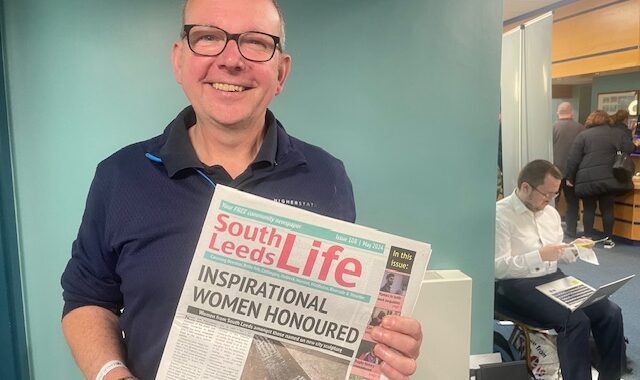Facebook’s commitment to local journalism is laudable. Investing £4.5m to fund the creation of 80 new community journalists should be great news for the community news sector. It’s a global first for the social network.
The Community News Project, a partnership between Facebook and the National Council for the Training of Journalists (NCTJ) has joined forces with the UK’s five biggest publishers: Reach (formerly Trinity Mirror), Newsquest, Archant, JPI Media (formerly Johnston Press), and the Midlands News Association.
But the announcement has left many of us who work in this sector confounded. How can such a large investment in community news completely ignore the vibrant community journalism sector and instead be given directly to regional publishers?
How is it that the very journalists who truly serve their communities, who produce high quality, relevant, truly local and community-focussed news, and who do so on a shoestring, be disregarded?
No one would expect a £4.5m fund for regional news to be given to community news publishers, so why the other way around?
This is a prime example of why the Independent Community News Network, ICNN, was founded. To not only challenge decisions like this but also to educate and inform of the many benefits of engaging with the quality and reputable independent community news journalists we represent.
Since launching in January, we have worked closely with the BBC to negotiate a fairer deal for our members in the BBC’s Local Democracy Reporter Scheme. The scheme now counts some 50+ independent titles (and ICNN member publications) among its trusted partners.
Our aim is to do the same with Facebook and the Community News Project.
Director of ICNN Emma Meese spoke to Nick Wrenn, Facebook’s head of news partnerships for Europe, Middle East and Africa, and raised concerns that reputable independent community news publishers were being snubbed with the rollout of this project.
Emma asked if there was any scope for the NCTJ to place some of these new journalism posts in independent newsrooms, instead of only in regional newsrooms.
Wrenn’s response was they would certainly raise the issue in their next meeting together, adding this is a pilot project which will be revised and reviewed.
But expectations must be managed; it is highly unlikely that any changes will be made before the official launch in January.
According to Press Gazette, Facebook may try out the scheme elsewhere if it goes well, with Wrenn saying it wasn’t about “writing a cheque and walking away”.
Director of the Centre for Journalism at Cardiff University, Prof Richard Sambrook, said: “Not all these local newspaper groups have managed their businesses well and there is a legitimate question about how much third-party subsidy they deserve.
“Also, there is a thriving sector in community news and hyperlocal support where Facebook could have a huge impact – it’s a shame they have been overlooked.”
Facebook is holding a free training and one-to-one day dedicated to community journalists in Cardiff on 3rd December. Its news partnership staff are keen to continue working with us and our sector.
ICNN will continue raising the issue with Facebook and the NCTJ, promoting and championing the brilliant journalism that is being produced across the country.
If you run or work for an independent community and hyperlocal news publication that you think could benefit from representation, contact Matt Abbott on [email protected] to find out more about joining ICNN.





